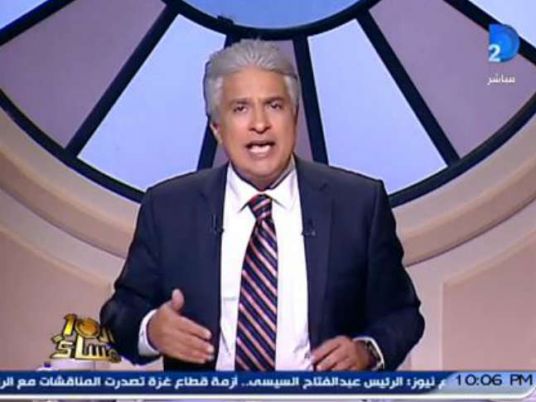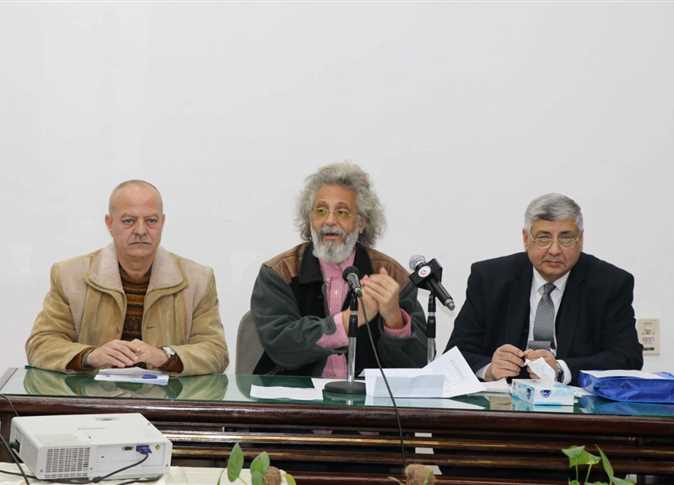Nearly 35,000 doctors from 540 government-run hospitals started a partial, open-ended strike demanding better pay, a plan to raise the health budget by 15 percent over the next three years, and improved security.
The Doctors Syndicate general assembly said the strike would not extend to emergency rooms, intensive care units, incubators and the cardiology and oncology sectors, as well as police and army hospitals and private clinics.
Health Ministry hospitals provide 40 percent of all medical services. Emergencies make up only 30 percent of cases received at government hospitals, which would help mitigate the impact of the strike.
Some leftist groups had announced solidarity with the striking doctors, including the Socialist Popular Alliance, the Tagammu Party and the Egyptian Socialist Party.
The Egyptian Current Party also supported the strike, urging President Mohamed Morsy to respond to doctors’ demands.
But mixed reports came out regarding the scope of the strike. The Health Ministry said activities resumed as usual in all of its hospitals nationwide, according to reports it received Monday morning.
In Fayoum, witnesses said the governorate’s main hospital and other medical facilities had not had any strikes.
But Rafiq Khalil, chairman of the Doctors Syndicate’s Alexandria office, said the strike had a 90 percent participation rate, and that it would resume until the presidency yields to the demands.
Mohamed al-Sharqawy, head of the Alexandria Health Directorate, meanwhile said only 12 percent of the medical workforce participated in the strike.
In Assiut, doctors entered an open-ended, partial strike in all of the governorate’s 19 government outpatient clinics.
In Ismailia, all activities at the central hospital have been brought to a halt. No cases have been received at the emergency units or outpatient clinics. Ismailia University Hospital has only been receiving emergencies and closed the rest of its units.
Edited translation from MENA




